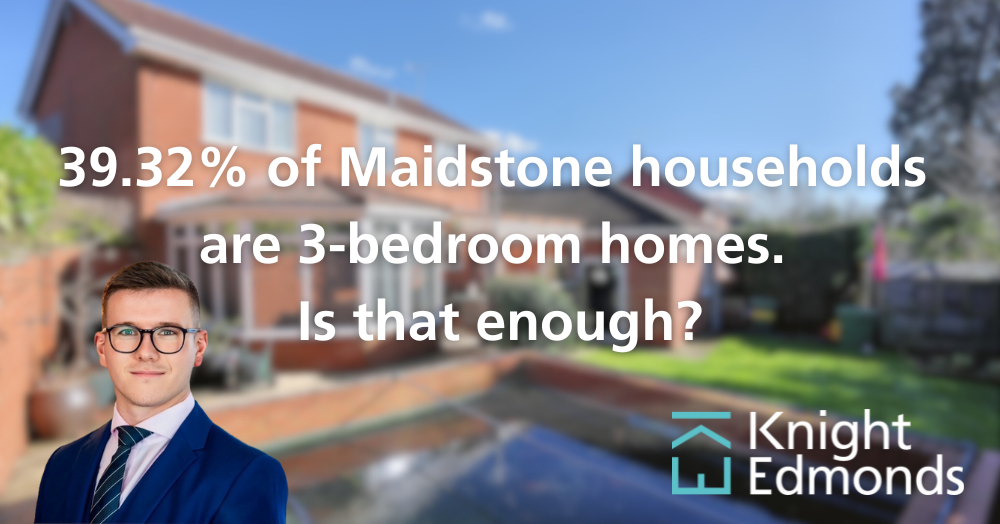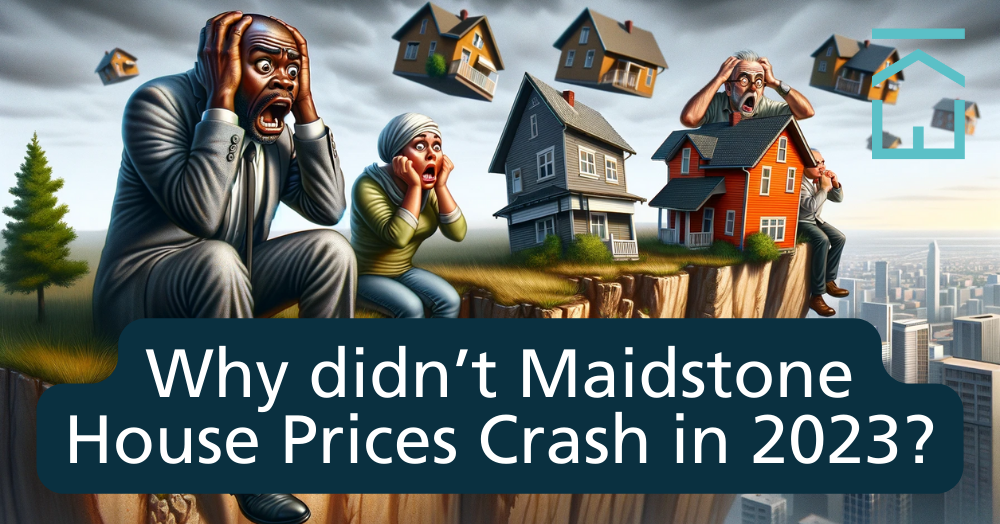Buying a property – what type of survey do you need?
When purchasing a property, there a lot things to think about including mortgages, conveyancing and stamp duty. You also need to make sure that the home you are buying has no major unreported issues.
If you are buying a property with a mortgage, your lender will carry out a mortgage valuation. This valuation allows the lender to assess how much the property is worth and take note of any issues which could affect its value in the future.
A mortgage valuation is for the benefit of the lender to ensure they are providing the right loan, rather than to help the buyer identify issues which could become costly further down the line.
In order to make sure the property you are buying is in the condition you anticipate, you will need to commission an independent survey. Albeit non-compulsory, surveys are a hugely useful tool for buyers which could save you a significant amount of money in repairs or when you come to sell the property.
For example, if a property has structural damage that you didn't know about, you could renegotiate the asking price with the seller to reflect the repair work that needs doing or ask them to fix the problem before you commit to buying at the originally agreed asking price.
Surveys are extremely useful for first-time buyers who are new to the property market and can also help buyers looking to acquire unusual or very old homes, listed buildings or properties the buyer already has concerns about. For purchasers of new build properties, you can request a snagging survey which costs in the region of £300.
Despite their many benefits, surveys are only commissioned by an estimated 20% of property purchasers. With all this in mind, what are the different types of survey and how much do they cost?
Basic Mortgage Valuation
This is the most basic type of survey, which should take around an hour to complete and will likely cost you in the region of £300. Basic Mortgage Valuations are designed for the lender in order to ensure the property offers sufficient collateral to secure against the mortgage and that the property meets their lending criteria.
A surveyor will check the property and any outbuildings, providing a summary of the value and any issues for the lender to review. These reports not usually shared with the buyer and will not give an insight into the properties condition.
HomeBuyer Report
The next step up is a more detailed Homebuyer Report, also carried out by a RICS surveyor, which is arguably the most commonly requested by purchasers in the UK. This type of survey will identify major problems such as roof damage, subsidence or rot.
If you opt for a HomeBuyer Report, this will include a valuation and an insurance reinstatement value (an estimate of the payout you would receive should the property burn down). This option is likely to cost you around £450.
HomeBuyer Reports are more detailed but 'non-intrusive', meaning there are certain things the surveyor won't do including looking behind furniture, under floorboards or drilling holes in the wall. That said, this type of survey does provide you with guidance on repairs and maintenance, details of issues which require attention, any legal considerations and general information on the local area and property's energy efficiency.
These surveys are ideal for properties built within the last 100 years which appear to be in adequate condition.
Building Survey
This is the most comprehensive type of survey and could cost anything from £500 to £2,000, depending on the size or estimated value of the property you are looking to buy.
Carried out by a RICS surveyor, a Building Survey is more 'intrusive' so the surveyor will cover every inch of the property, from the basement and the loft, to behind walls, under floorboards and above ceilings.
You will be provided with a detailed report which will outline anything that needs repairing with an estimate of how long it would take and how much it would cost. There will also be guidance on what could happen if repairs are not dealt with.
Sometimes known as a full structural survey, a Building Survey is highly likely to include a valuation and insurance reinstatement value unless specified. This type of report is essential if you are looking to buy a very old or listed property. You will also need to commission a Building Survey if the home has an unusual structure such as thatching or timber framing. What's more, if you are planning to carry out significant renovation works after buying the property, this type of thorough survey is recommended.
So, there we have it – a summary of all the main types of survey you could request when buying a property. It may seem like another costly part of the moving process, but identifying issues at the earliest possible opportunity could save you thousands of pounds in years to come.
You can make sure you get the best survey for your needs by speaking with your estate agent. If you can secure the services of a local surveyor, all the better as they are more likely to be familiar with the market and similar properties in your area.
To find out more about how Knight Edmonds can help you to choose the right survey for your property purchase, get in touch with us today on 01622 291 491or maidstone@knightedmonds.co.uk.



 By
By 
 By
By 

Share this with
Email
Facebook
Messenger
Twitter
Pinterest
LinkedIn
Copy this link